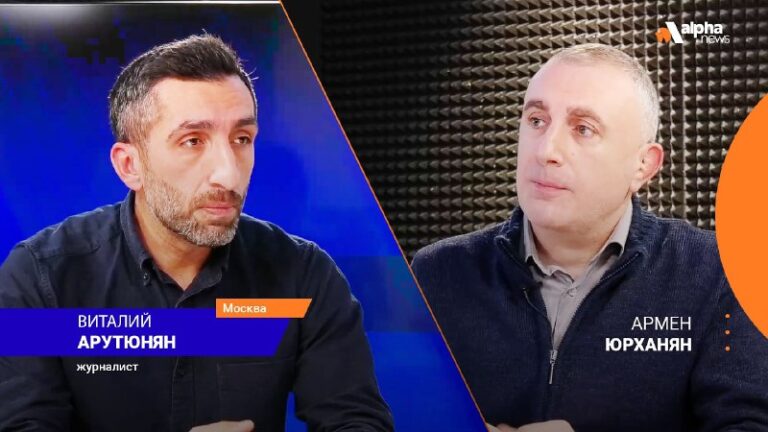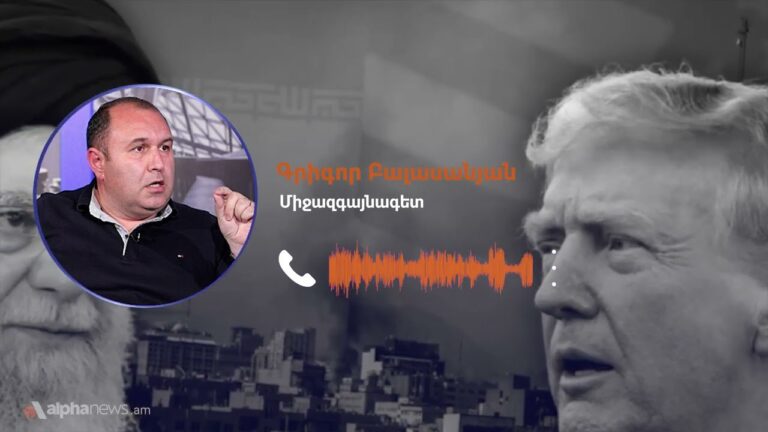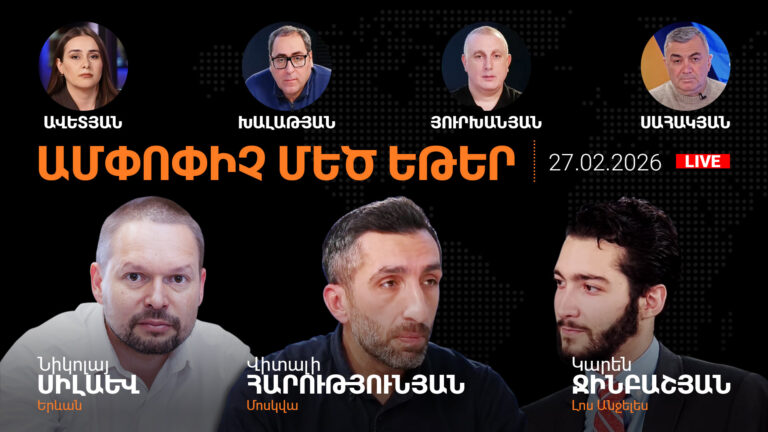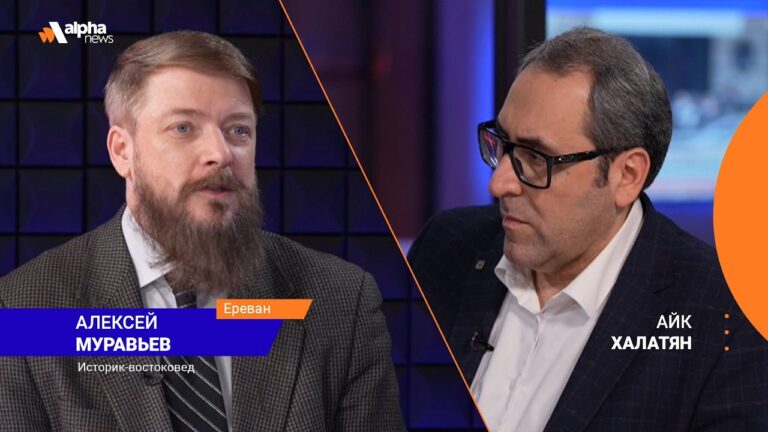Non-recognition of Russia’s territorial integrity is Pashinyan’s new experiment?
March 06 2024, 13:50
The announcement of the potential visit of Ukrainian President Volodymyr Zelensky to Armenia, the announcement of the potential withdrawal of Russian border guards from the Yerevan Zvartnots airport, and the announcement of a potential “de jure withdrawal of Armenia from the CSTO” are events that have occurred literally over the last few days. These are manifestations of Nikol Pashinyan’s another political and geopolitical experiment aimed at provoking Russia. As part of that experiment, Pashinyan went so far as to question the territorial integrity of the Russian Federation.
Moreover, the new “experimental cycle” began with Nikol Pashinyan’s voyages to Munich and Paris, where Nikol Pashinyan’s meeting with the chief of British intelligence, MI6, Richard Moore, stands out the most. However, even amid the aforementioned statements, Nikol Pashinyan’s statement about the resolution of the Ukrainian crisis in accordance with the Alma-Ata Protocol looks obviously more radical. According to him, the war in Ukraine “violates the Protocol”, which documented the inviolability of borders and the territory of the CIS member states. If we “translate” this from Pashinyan’s language, this means that official Yerevan recognizes the borders of Russia and Ukraine the way they were in 199, which in turn means that Nikol Pashinyan believes that Crimea, Donetsk, Lugansk, Kherson, and Zaporozhye regions are parts of Ukraine.
For a long time, there were no comments from Russia on such a peculiar interpretation of the “realities of the Ukrainian war”. However, on March 4, Deputy Chair of Russia’s Security Council Dmitry Medvedev said the following: “The states that recognize the sovereignty and territorial integrity of Russia also recognize the accessions of new regions.”
In the context of statements coming from Armenia, Medvedev actually declares that not recognizing the realities of the Ukrainian war means an encroachment on the sovereignty and territorial integrity of Russia, which in turn means lowering the status of any state from the level of a “partner” or even a “strategic ally” to the level of an “unfriendly state” and sometimes an open enemy.
Even if we leave aside the factor of the chief of MI6 in this whole situation and believe that what is happening does not have “hidden meanings”, we can state that even the language of describing reality between the leadership of Armenia and Russia completely differs from each other, which cannot but cause concern.
In this context, it is interesting if Nikol Pashinyan will respond to Medvedev’s statement and note that Armenia does not recognize Russia’s sovereignty outside the borders of the Alma-Ata Protocol.
There is another important detail in this whole situation that requires attention: different level officials in Armenia declare that they are not satisfied with the position of the CSTO since the organization does not recognize the internationally recognized borders of Armenia within the framework of the Alma-Ata Protocol. Firstly, if the configuration of Armenia’s borders was initially clear to Pashinyan and his team, then why did Nikol Pashinyan agree to create a trilateral commission with the participation of Russia and Azerbaijan to delimit and demarcate the borders in 2021? Did Pashinyan not recognize the borders of Armenia?
Secondly, can we conclude that if Russia “does not recognize the borders of regional countries in accordance with the Alma-Ata Protocol”, this means that official Moscow wants to return to the status quo established by the statement on November 9, 2020, which not only contradicts the Prague agreements of October 6, 2022, but also leaves room for Artsakh to acquire a status outside the territorial integrity of Azerbaijan, which in turn is contrary to the interests of non-regional players involved in the South Caucasus, for whom Artsakh and Armenia itself are a springboard for attacks on Iran and Russia. A springboard “for Iranian oil”.
Almost everything described above is a manifestation of the political experiment that Pashinyan and a number of his “invisible advisers” are conducting in Armenia. The fact that the experiment may end badly for Armenia is seen by an increasing number of actors, hence Russian Foreign Minister Sergey Lavrov’s ultimatum against the Armenian authorities on the country’s membership in the CSTO as well as the harsh statements of RT editor-in-chief Margarita Simonyan that “there will be no Armenia in five years”…
Think about it…







